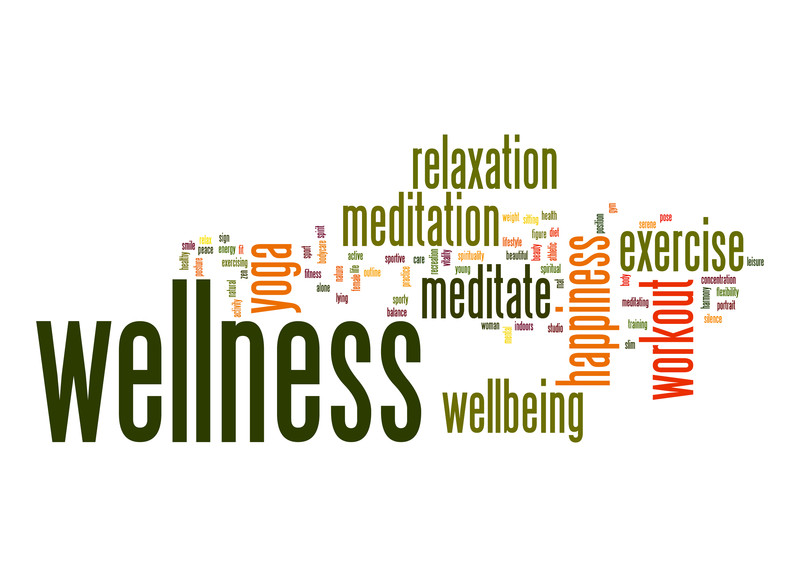Living Well: Mindfulness can help with anxiety

By Kathy Mitchell, MA
Ministry Koller Behavioral Health
My father is 94-years-old and losing more of his mind daily. Until recently he has always been an amazingly healthy person, and so old age is not a state he finds useful. He wakes up every morning and frets about still being alive; what is the point? Why should his children be stuck caring for him? One day while we were sitting in the living room, he got himself into quite a stew about this, and I used it as an opportunity to give him a lesson in mindfulness. “Everything that you say is true Dad, but we don’t know the reasons why. What we do know is that we are always happy to be together and here we are! We are sitting in comfortable chairs in a cozy house with a warm cup of coffee and a nice snack. This moment is absolutely perfect.” His face relaxed and he said, “Well, you are right about that,” and the worry faded.
Mindfulness invites us to see what is really in each moment rather than being driven by our imagination to fantasy or fear. As humans, we can plan, create, and remember, no matter where our physical bodies are planted. We are also plagued by a constant stream of thought, distracting and often distressing us even when the immediate moment is rich and peaceful. Our brains are a curse and a blessing in this way.
States of anxiety or worry particularly demonstrate this problem. Anxiety is chronic over-thinking and worrying, and the accompanying cascade of physical responses that come with those states of mind. Much of what we are gnawing on in our minds becomes amplified by this over-thinking. In fact, this sets us up for sleeplessness, body pain, digestive distress, more fear, and a sense of being overwhelmed.
When we are being mindful, we just watch our thought patterns, much as we would watch clouds drift through the sky. We often find many of our thoughts are “repeaters,” the same thing over and over again. We might also notice that our worries are particularly attention grabbing and relentless.
If, indeed, reviewing the same thought patterns more was the way to relief, one of the previous hundreds of times we encountered it should have produced a solution. Honestly seeing this nature of mind, we might relieve ourselves of taking every one of those thoughts so seriously, instead noticing a familiar worry and letting it go by.
But the mind does need to go somewhere. Where do we guide our mind that is more calming and promotes greater health? Right to where we are is a great place to start. Even when there is much in our lives that is unpleasant, we can relax our shoulders and feel the easy flow of our breath. Even when we are desperately worried about someone in our lives, there may be aspects of them we are ignoring because our fears are more likely to hold our attention. In every place, we might notice warmth, or light, safety or beauty if we get out of our heads and use our eyes and ears and bodies to notice what is offered in that moment. If we mindfully notice repetitive, worrisome thoughts and shift our attention instead to what is right in the moment, we begin to create relief from those loops and find more peace and enjoyment. We begin to create balance in our brain and inspire relaxation in our bodies.
Kathleen Mitchell, MA, specializes in eclectic insight-oriented counseling that has a deep respect for individuality and creativity. She works primarily with older children, adolescents, and adults. Kathleen earned her Bachelor of Arts degree in sociology from Western Michigan University in 1973, followed by a master’s degree in counseling from WMU in 1975. She is a licensed professional counselor in the state of Wisconsin. Her professional areas of interest include depression, bipolar disorder, anxiety, eating disorders, ADD, parenting issues, grief, chronic pain, chronic fatigue, and women’s issues. For more information, please contact 715.361.2805.
Leave a reply
You must be logged in to post a comment.




